The operation guide of lithium ion battery first charge
Lithium-ion batteries are used in a lot of devices today,like our common lithium RV battery, lithium golf cart batteries, ect.
As new technologies have come out, li-ion battery manufacturers have made a lot of changes to the way batteries work. People have made up a lot of misunderstanding about how to use these batteries, especially about lithium ion battery first charge.
- Does lithium ion battery first charge need to be fully charged
- How to charge lithium ion battery first charge
- How long does it take to charge the lithium ion battery first charge
- How to check battery quality before first charge
- How to store after lithium ion battery first charge
- How often should you charge lithium ion batteries
- Do lithium-ion batteries go bad if not used
- Do you need a special charger for li-ion batteries
- The golden rule for lithium charge
- FAQs about lithium charge

This made people who used these batteries wonder about important things about them. As the number of people who use lithium-ion batteries grows every day, more and more questions in use come up.
So, in this post, we’ll answer a lot of questions about lithium ion battery first charge and check battery health,how to storage, etc.
Does lithium ion battery first charge need to be fully charged
No, a lithium ion battery first charge doesn’t have to be full. Lithium-ion batteries are much better than older types of batteries like nickel-cadmium batteries and so on.
Many people still stick to the old way of lithium ion battery first charge before use. This is because nickel-based batteries, which were more common in the 1990s, had to be fully charged before they could be used for the first time.
A lithium ion battery first charge is also fine, there is no problem if the li-ion battery isn’t fully charged the first time, and it won’t hurt your device to charge it all the way up, because the li-ion battery has a BMS protection system to prevent overcharging.
But we recommend to stop charging when it is about 90% charged, which will help prolong the life of the battery.
How to charge lithium ion battery first charge
Before using the Li-ion battery for the first time, there is no need to fully charge it. But if you only want to charge your device so you can use it for longer, that’s fine.
Connect the matched charger to your device for your lithium ion battery first charge. Then you plug that into the main or wall socket. Make sure that the voltage is normal and stable.
How long a cell lasts after the lithium ion battery first charge depends on the battery charging cate.
For example, 1C charging rate means that the battery can be fully charged in 1 hour, and 0.5C means that it takes 2 hours. It is recommended to charge the lithium-ion battery at 0.2C rate, which is safe and can maintain the healthy life of the battery.
Each full charge and full discharge make up a full cycle. The only reason manufacturers recommend lithium ion battery first charge before use is to teach people to charge their devices when they need to, and make sure the battery has enough power Because a over-discharge could be bad for the battery.
So, if you charge right out of the box when you start, it’s likely that you’ll keep doing that.
How long does it take to charge the lithium ion battery first charge
Before your lithium ion battery first charge, it will already be partly charged. Because it needs to maintain about 45% of the power during the period when the battery is not used. But then, for a new 12v 100ah lithium-ion battery charge may take about 5 hours to reach 100%. You don’t have to leave it plugged in overnight to fully charge it.
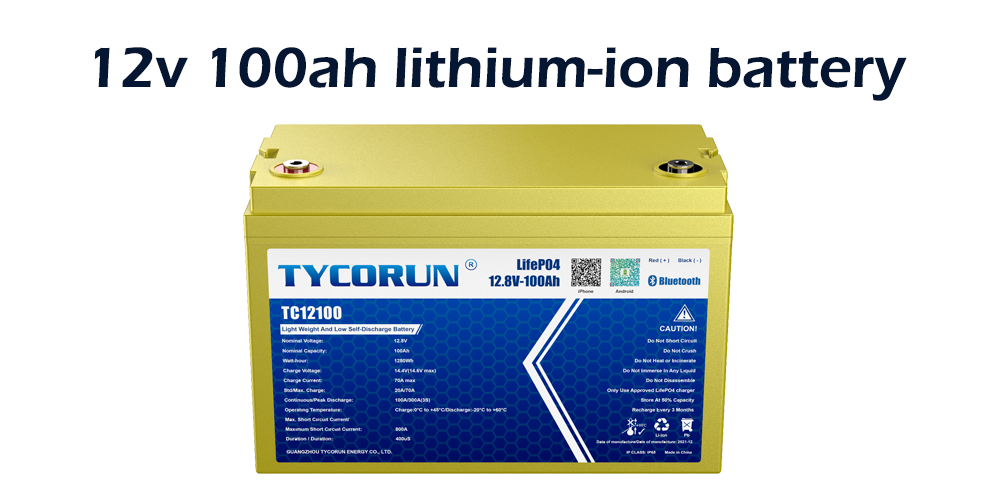
In fact, most lithium-ion batteries made today are made with fast-charging technology, which means that the first time you charge a li-ion battery, may only take half the time normally required. If your device has this kind of technology, don’t worry if your lithium ion battery first charge is done in a very short amount of time. Check the instructions on your battery pack to see how long it will take to charge.
One of the best things that li-ion battery manufacturers do is put BMS for the battery to stop charging too much. So, you don’t have to worry if you forget to unplug your device during your lithium ion battery first charge. The battery can protect itself from overcharging and short circuit.
How to check battery quality before first charge
Before your lithium ion battery first charge, you need to know battery health check. Use the Voltmeter, the Multimeter, or the Wattmeter.
Compare the reading to a battery chart to find out how good your battery is. Most 98 percent batteries have a voltage of 12.5V. This shows that the battery is still in great shape. A battery with a 50 percent charge should be at 12.05V. If the voltage and percentage of your battery don’t match up, there is something wrong with the battery. You can now go on with the lithium ion battery first charge.
How to store after lithium ion battery first charge
Before the lithium ion battery first charge, it has some energy, so it should also be stored charged. Ideally, it should be stored at about 45% of its capacity. After a lithium ion battery first charge, it needs to be stored at a low temperature, not below 0°C, but ideally between 5°C and 10°C, and need to avoid storage in humid environment.
After the lithium ion battery first charge, it shouldn’t be drained or kept fully charged without use for long periods of time.
How often should you charge lithium ion batteries
After your lithium ion battery first charge, it’s best to let them run down a little bit every now and then. Shallow discharge are better than full ones because they put less stress on the battery. This makes the battery last longer.
After the lithium ion battery first charge and use, let it run down to 50% before you charge it again. You should not always charge your li-ion battery all the way up to 100% every time.
After lithium ion battery first charge, let it run down to about 5% once a month before you charge it again. This resets the battery’s self-evaluation. Most of the time, you shouldn’t let your battery get below 20% before you charge it.
Do lithium-ion batteries go bad if not used
Batteries wear out over time. Even before your lithium ion battery first charge, its lifespan starts to count down. The battery will have a self-discharge rate, ranging from 2 to 10% per month, while the monthly self-discharge rate of LiFePO4 is 3%.
So, lithium-ion batteries maybe break down if they aren’t used, but this happens faster if they were stored in a state where they were already empty.
However, when storing the battery, avoid long-term storage in places that exceed the temperature range, and avoid battery self-discharge until the battery is over-discharged, it will not have much impact, but the battery life will gradually decrease with time.
Do you need a special charger for li-ion batteries
Yes, you do need a special charger for the lithium ion battery first charge. Your charger must match the voltage of the battery, Also, the current needs to stay the same and a Li-ion battery charger.
Do not use other types of battery chargers to charge lithium-ion batteries, which will damage the battery or the charger. Also, the current needs to stay the same so that the battery doesn’t get hurt.
The golden rule for lithium charge
1. Maintain Moderate Charging and Discharging
- Lithium-ion batteries perform optimally when subjected to moderate charging and discharging cycles.
- It is best to keep the battery level in the range of 30-80% for good battery health.
2. Stay within the Voltage Range
- Keep the battery voltage within the specified range during both charge and discharge cycles.
- Deviating from the recommended voltage range can lead to reduced capacity, diminished performance, and potential safety hazards.
3. Avoid Frequent Full Discharges
- Unlike older battery technologies, lithium-ion batteries do not require complete discharge before charging.
- Frequent full discharges can be detrimental to the health of lithium-ion batteries.
4. Prevent Overcharging
- Use chargers equipped with overcharge protection features.
- Overcharging can generate excess heat and compromise the safety and longevity of lithium-ion batteries.
5. Choose Compatible Chargers
- Use chargers that match the specifications of the lithium-ion battery.
- Incompatible chargers can lead to inefficient charging, overheating, and potential damage to the battery.
6. Store Batteries in Moderate Conditions
- Store lithium-ion batteries in a cool, dry place.
- Avoid exposing batteries to extreme temperatures, as this can impact their performance and longevity.
7. Understand Fast Charging Implications
- While fast charging technologies exist, be aware that fast charging may generate more heat, potentially affecting battery health.
- Balance the need for quick charging with the desire to maintain optimal battery conditions.
FAQs about lithium charge
How Long Does It Take to Charge a Lithium Battery?
How long does a lithium battery take to charge? The duration required to charge a lithium-ion battery is a question that echoes through the minds of users worldwide. The answer, however, is not a one-size-fits-all solution. Several factors come into play, influencing the charging time of lithium batteries.
- First and foremost is the battery capacity. Larger-capacity batteries naturally require more time to charge than their smaller counterparts.
- Charging C rate also play a crucial role. High charging C rate ensures efficient charging.
- Additionally, the current charge level of the battery at the beginning of the charging process can affect the overall time it takes to reach a full charge.
How do you activate a new lithium battery?
The first charge of a lithium-ion battery is a topic that has sparked debates among users and experts alike. While modern lithium-ion batteries are designed to be "smart" and don't necessarily require a specific activation process, the first charge remains a critical step in ensuring optimal performance.
Recommendations regarding the first charge can vary. To resolve this dilemma, users are encouraged to consult the device targeted manual or adhere to the guidelines provided by the battery manufacturer. Battery charging requirements may vary from manufacturer to manufacturer.
While the first charge may not be as critical as it once was, taking the time to familiarize oneself with the manufacturer's recommendations can contribute to the longevity and efficiency of the battery. The lithium-ion batteries produced by TYCORUN use the latest technology and do not need to be activated during the first use.
Do Li-ion Batteries Need to be Fully Discharged Before Charging?
In the past, older battery technologies like nickel-cadmium batteries required complete discharge before charging to prevent the memory effect. However, lithium-ion batteries operate under different principles and do not exhibit the memory effect. Therefore, the practice of fully discharging Li-ion batteries before charging is unnecessary and discouraged.
Charging a lithium-ion battery before it reaches a low charge level is not only acceptable but also beneficial. It helps avoid the stress of deep discharges, contributing to a longer lifespan for the battery.


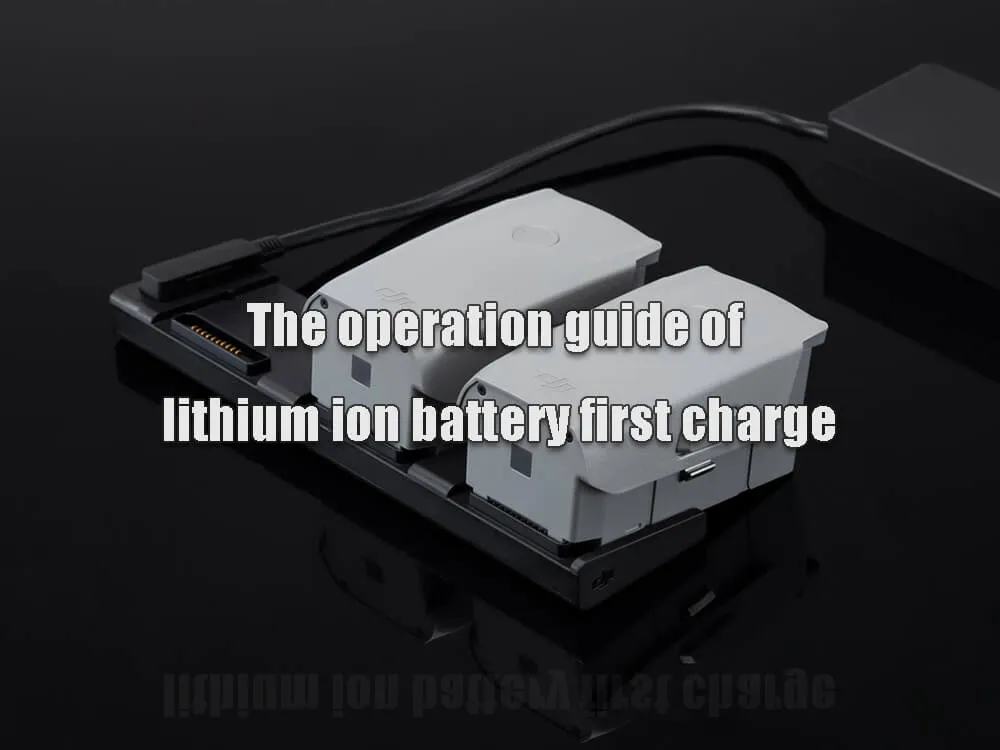
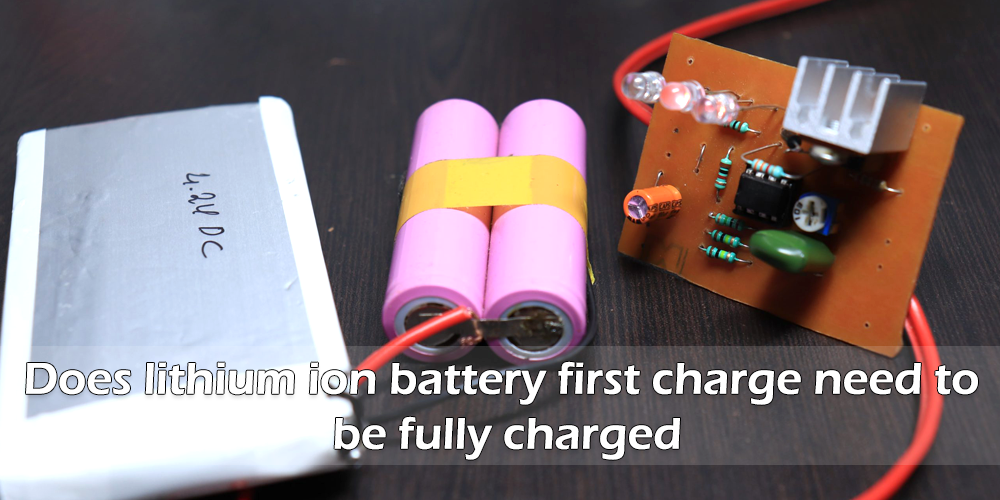
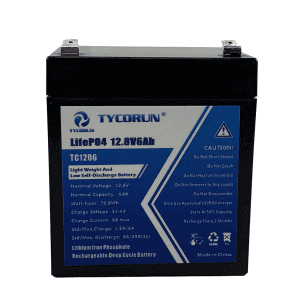
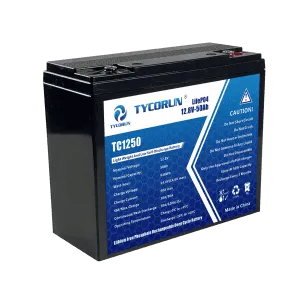
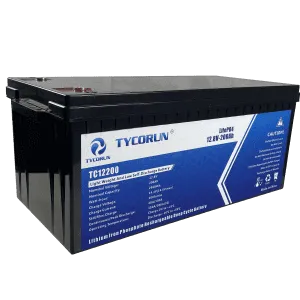
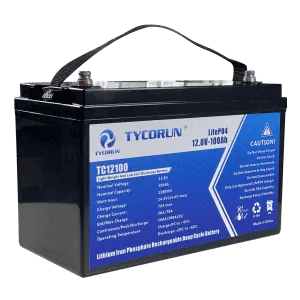
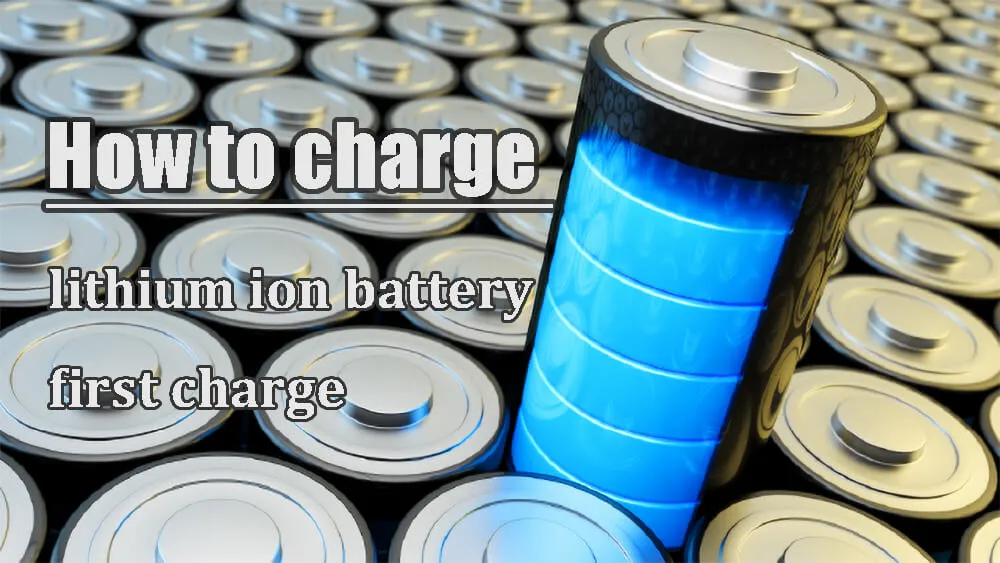
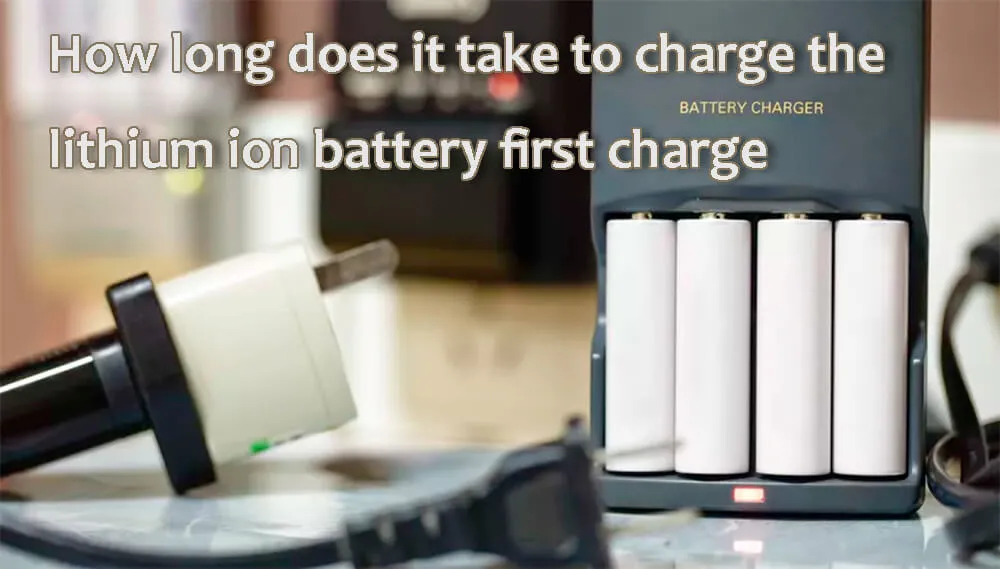

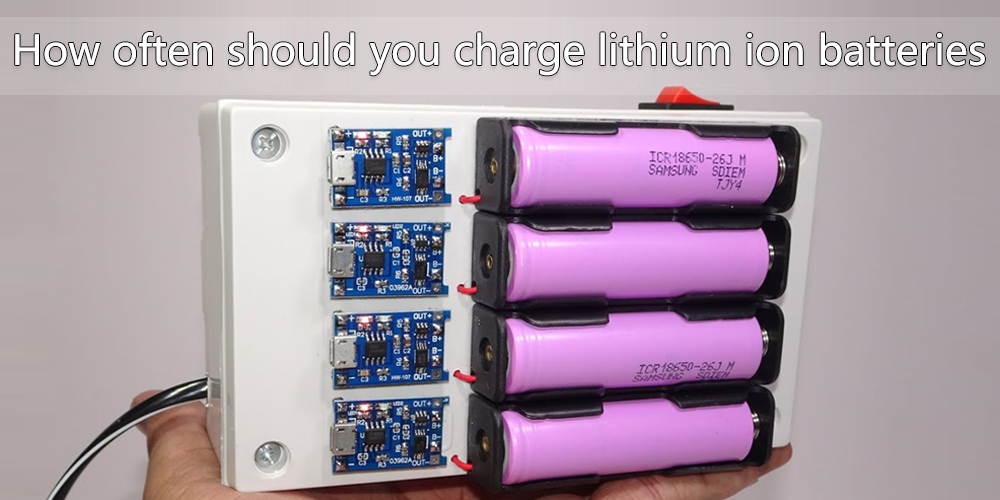

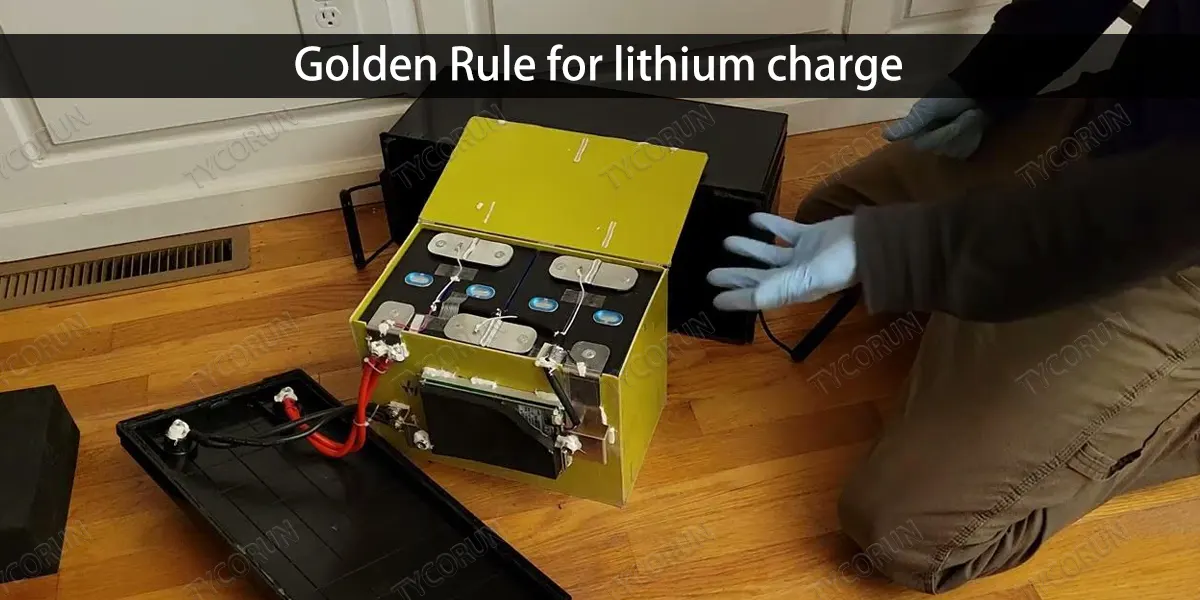
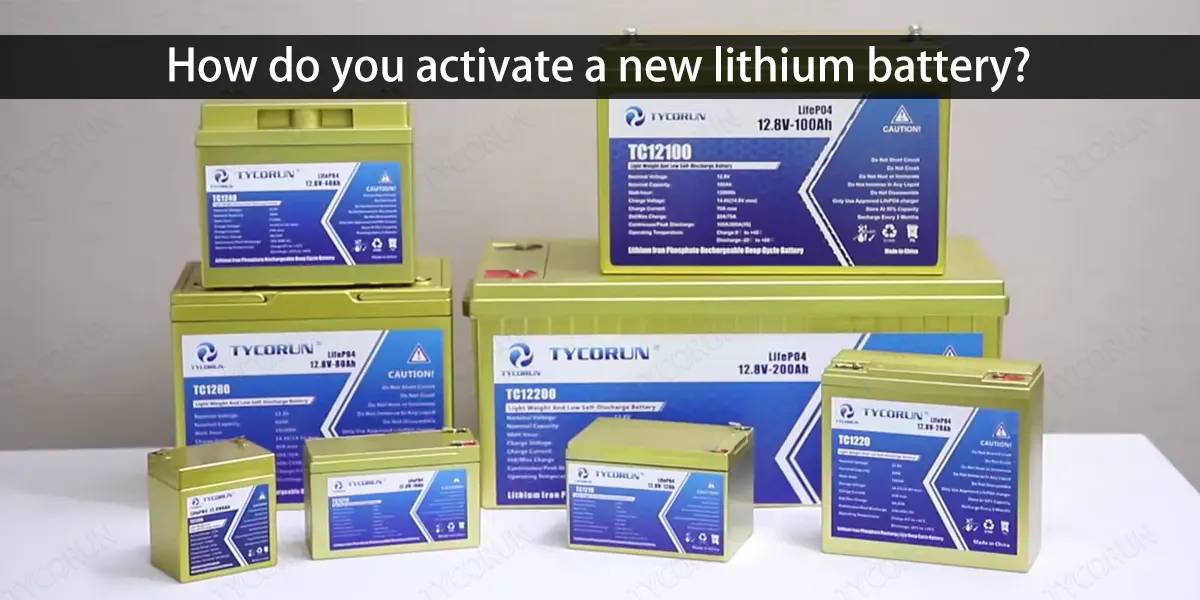




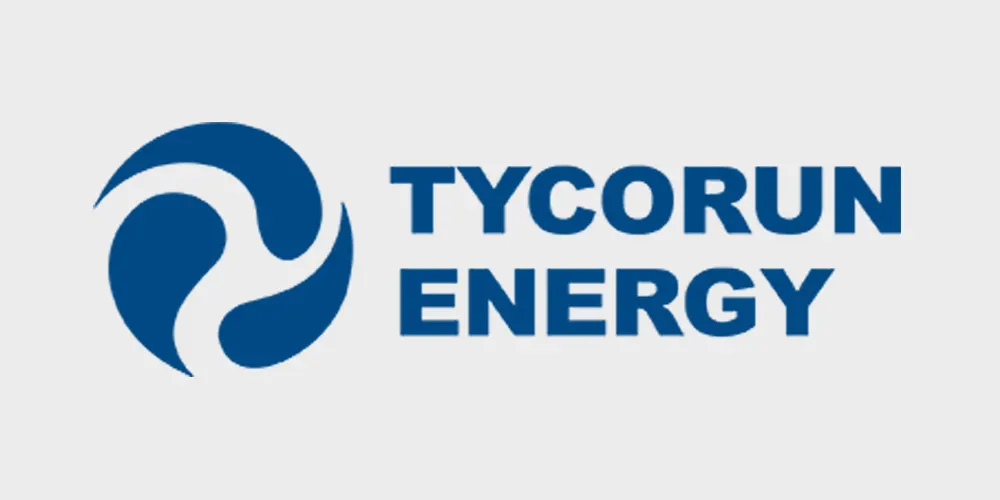
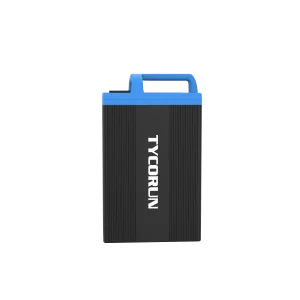
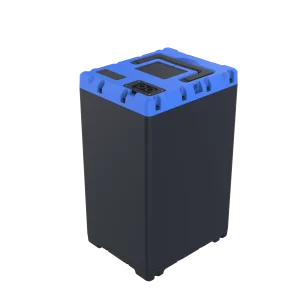
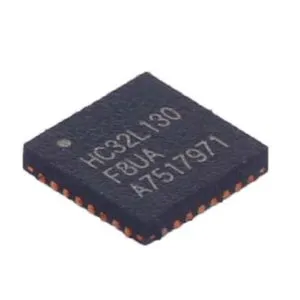
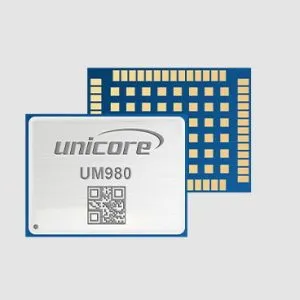

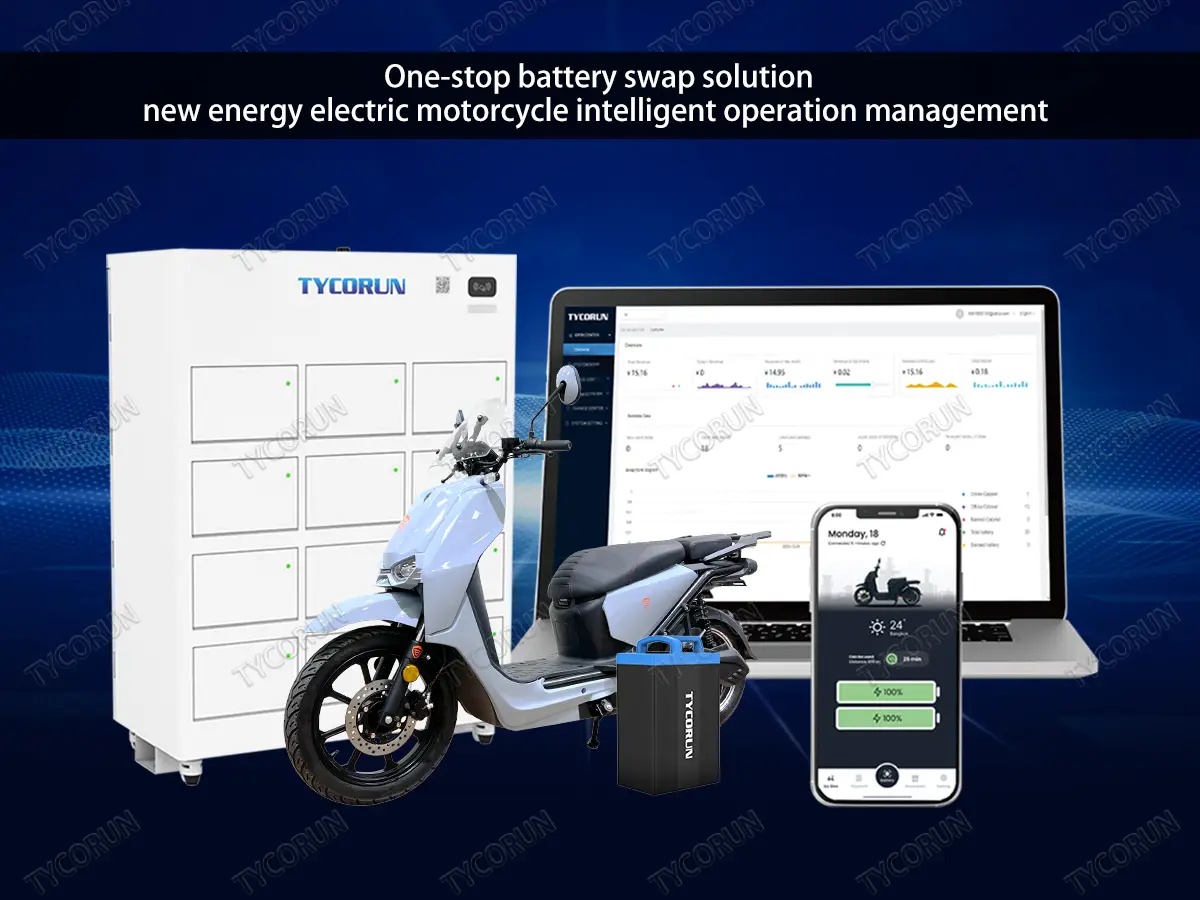
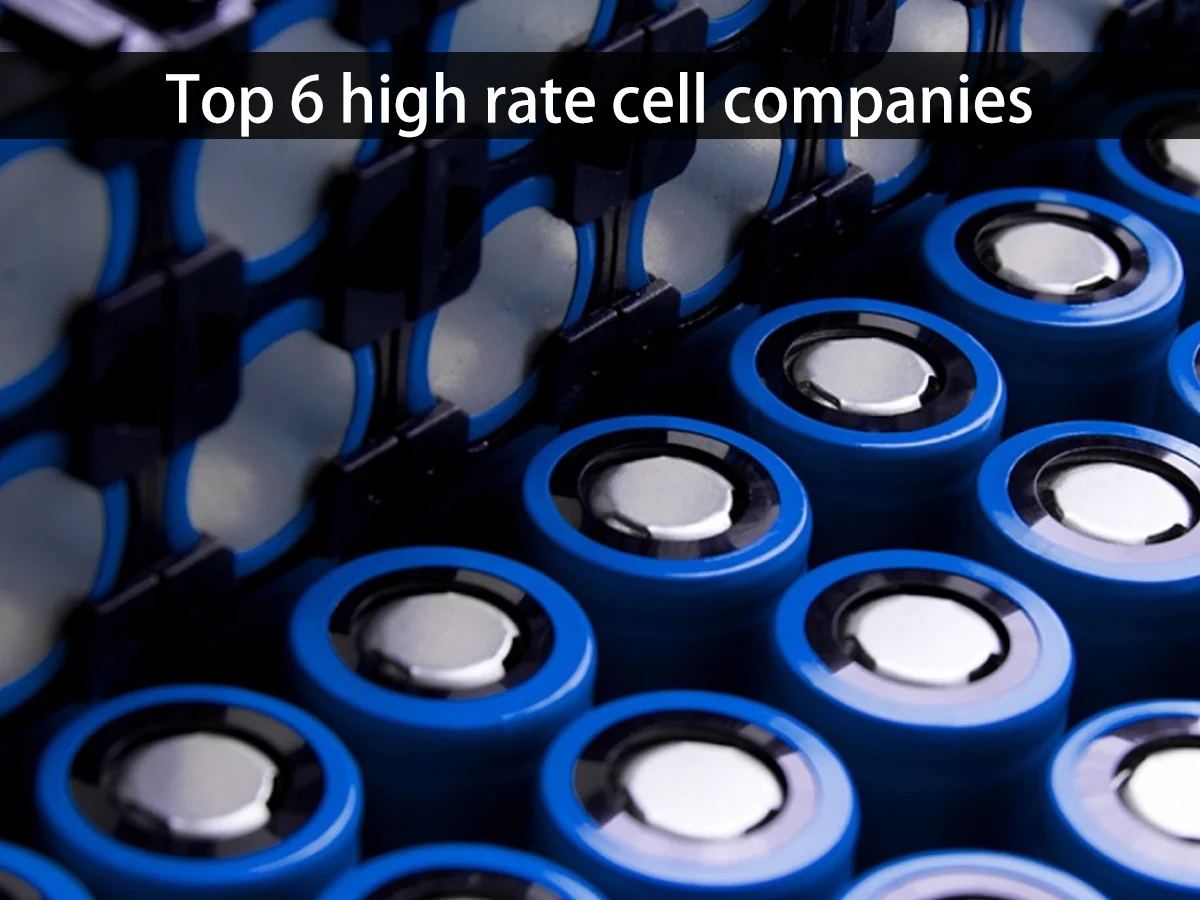
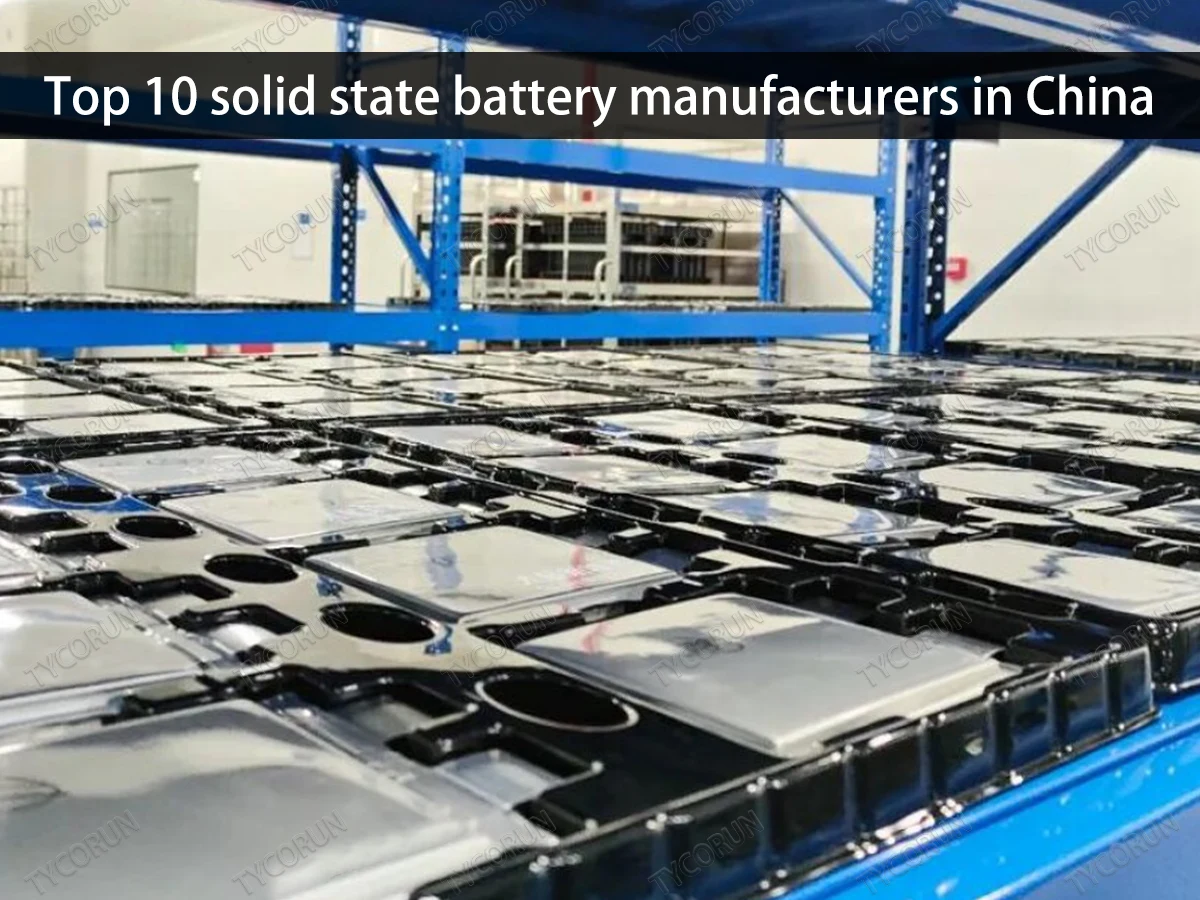

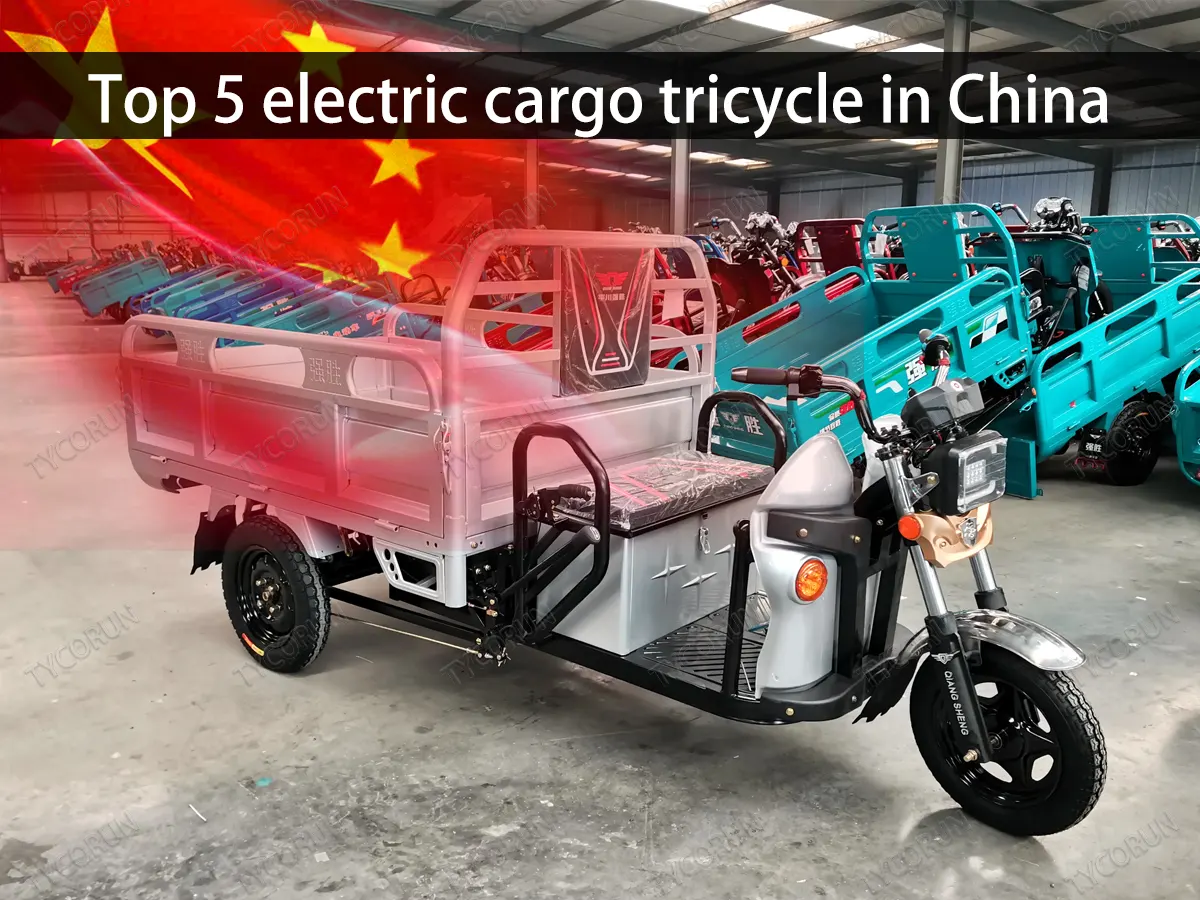
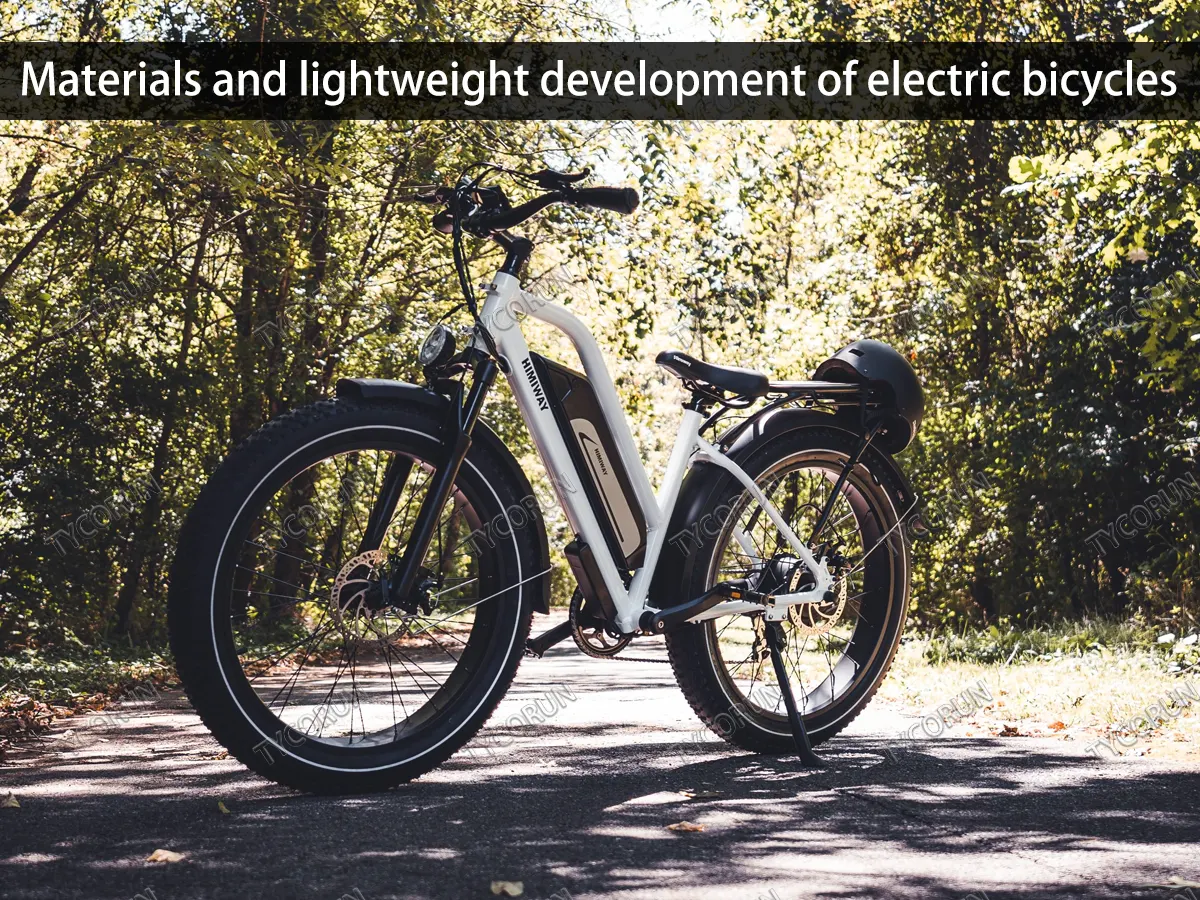
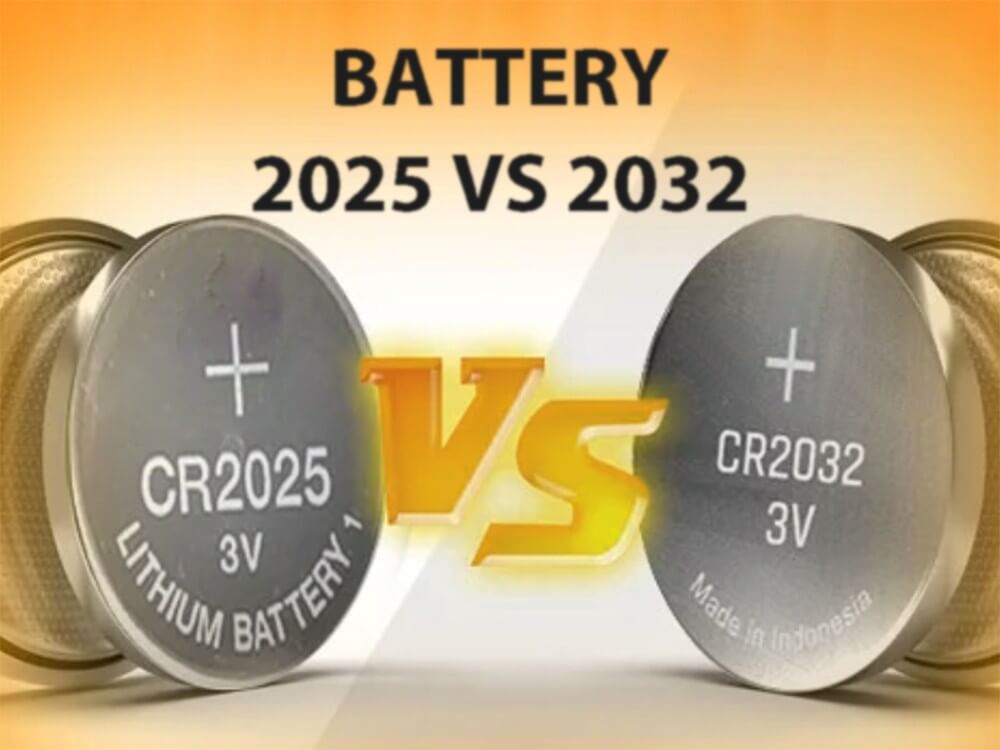
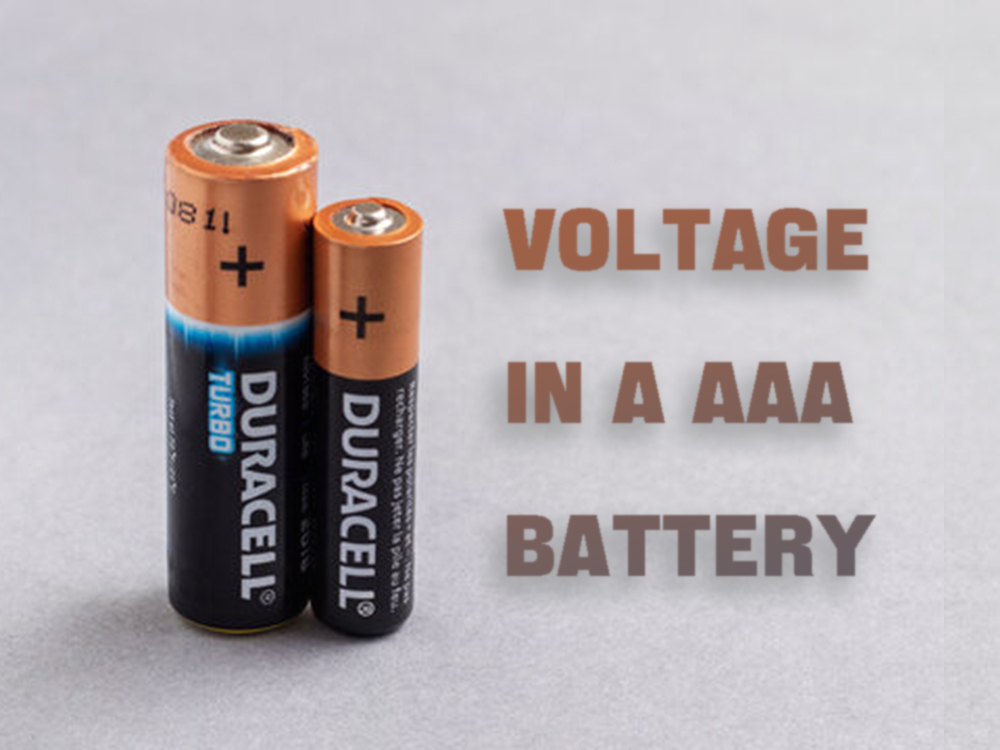
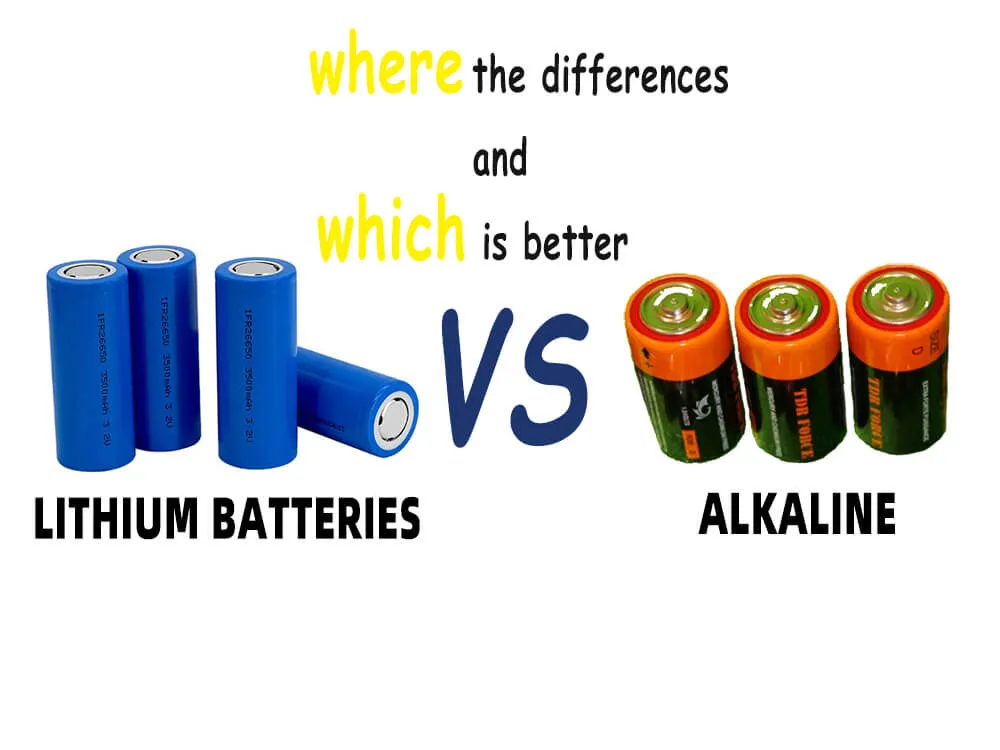



11 thoughts on “The operation guide of lithium ion battery first charge”
Thanks for a marvelous posting! I actually enjoyed reading it, you happen to be a great author.I will
ensure that I bookmark your blog and may come back down the
road. I want to encourage yourself to continue your great
posts, have a nice day!
May I simply just say what a comfort to find a person that
truly knows what they are talking about on the internet.
You definitely understand how to bring an issue to light and make it important.
A lot more people need to check this out and understand this side of the story.
I was surprised that you aren’t more popular since you most certainly possess the gift.
This article is genuinely a nice one it assists new the web viewers, who
are wishing in favor of blogging.
Outstanding quest there.
Hi to every body, it’s my first go to see of this blog; this weblog consists of amazing and really good data
in support of readers.
Hello there! Do you know if they make any plugins to assist with Search
Engine Optimization? I’m trying to get my blog to rank
for some targeted keywords but I’m not seeing very good success.
If you know of any please share. Thank you!
Hi, Nice post.
Hello there, You’ve done an excellent job. I will certainly digg it and personally recommend to my friends. I’m sure they will be benefited from this site.
That is really interesting, You are an overly skilled blogger.
I’ve joined your feed and sit up for looking for more of your excellent post.
Additionally, I have shared your website in my social networks
Hey fantastic blog!
Many thanks!
Woah! I’m really enjoying the template/theme of this site.
It’s simple, yet effective. A lot of times it’s difficult to get that “perfect balance” between superb usability and visual
appeal. I must say you’ve done a very good job with
this. Also, the blog loads super fast for me on Internet explorer.
Outstanding Blog!